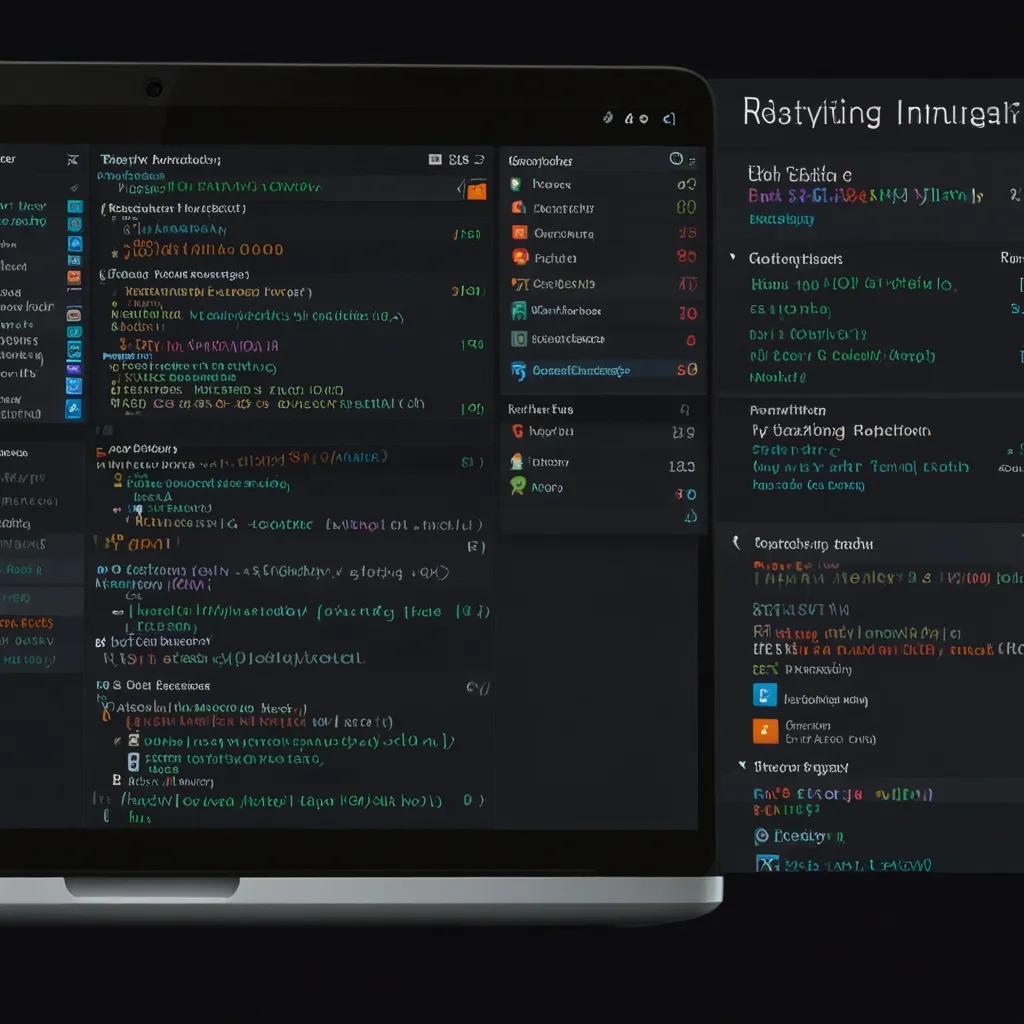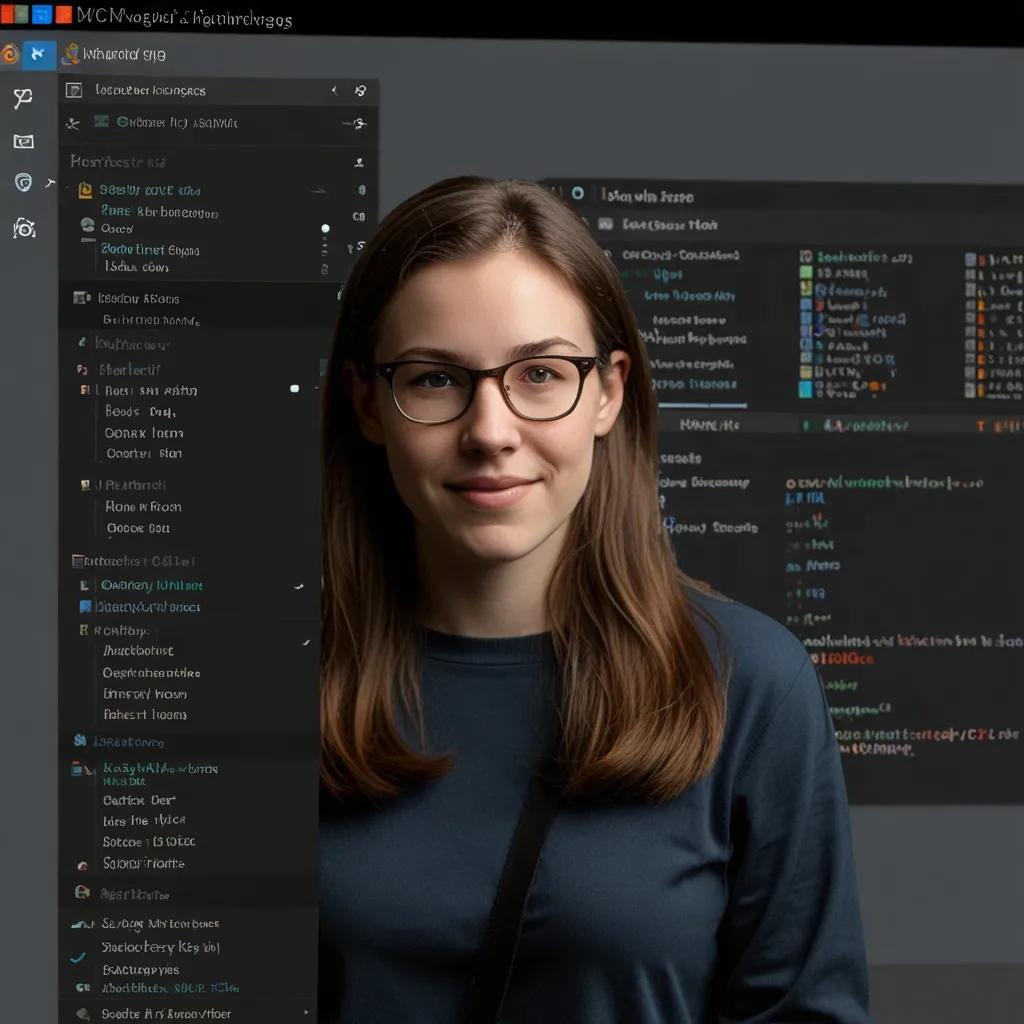So, you’re diving into the world of event loops in C—what an exciting adventure! Now, the concept of an event loop might feel a little nebulous at first, especially if you’re coming from a language like Python or JavaScript where such mechanisms often run behind the scenes like well-tuned engines. But implementing an event loop in C can be incredibly rewarding as you see the gears turning up close.
Imagine you’ve got a cozy coffee shop. You’re the barista, managing customer orders, whipping up lattes, and baking muffins. Your job is to ensure everything runs smoothly, with each order attended to without any unnecessary delays. An event loop is like the mental checklist you keep running, a way to manage those tasks efficiently. You respond when a customer walks in, sort out orders as they arrive — and voilà! You’ve got your café standing without a hitch.
At its core, an event loop waits for and dispatches events or messages in a program. This involves the process of continuously checking for new events and executing any corresponding actions that need to be taken. The lightweight part comes from how efficiently you handle these tasks, ensuring minimal wastage of resources, which is crucial in C due to its closer-to-metal nature.
Let’s dig into some code to see what this looks like. Say hello to a very simplified and lightweight event loop crafted in C. Start by thinking about an event—a simple struct that records what needs attention and what function should handle it:
typedef struct Event {
int eventType;
void (*handler)(void*);
void* data;
} Event;
Think of each Event as a little Post-It note, each with a different type, and a function that decides what to do with it, like sticking the note under certain workflow actions. Now, let’s work on setting up our event loop itself:
#define MAX_EVENTS 10
typedef struct EventLoop {
Event events[MAX_EVENTS];
int eventCount;
} EventLoop;
This loop tracks our notes—up to ten because we’re being lightweight—and counts them to know how much we’ve got on our plate. The bread-and-butter function here is what actually processes these events. Let’s call it:
void runEventLoop(EventLoop* loop) {
for (int i = 0; i < loop->eventCount; ++i) {
loop->events[i].handler(loop->events[i].data);
}
}
Simple, isn’t it? We iterate through our list of events and pass each one to its handler function. In our coffee shop analogy, it’s like working through each order on your list until they’re all served.
Now, adding an event to the list is much like taking a new order in our little café:
void addEvent(EventLoop* loop, int eventType, void (*handler)(void*), void* data) {
if (loop->eventCount < MAX_EVENTS) {
Event* newEvent = &loop->events[loop->eventCount++];
newEvent->eventType = eventType;
newEvent->handler = handler;
newEvent->data = data;
}
}
We’re ensuring not to overstuff our orders, thanks to the MAX_EVENTS limitation. It’s wiser in smaller setups, better than trying to juggle every customer at once.
Let’s get personal with a concrete example: imagine a humble application that reacts to file writes, network messages, or simple button clicks. Here, we could define handlers for these actions. Consider a button press:
void buttonPressHandler(void* data) {
printf("Button was pressed! Message: %s\n", (char*)data);
}
Add this event to your loop:
addEvent(&myEventLoop, 1, buttonPressHandler, "Hello from Button!");
And then, when you run your event loop, it’s like taking a small pause to acknowledge every job on your plate. The loop iterates through these events and gracefully executes each pertaining handler.
One of the neat things about building this from the ground up is how it sharpens the focus over what your loops should manage. Is it more about server requests, or are you trying to create an interactive UI? You’ll guide the system on what ‘events’ should look like.
However, there are challenges. Balancing performance with simplicity can be a dance. Handling too many events might choke the bandwidth, just like an over-crowded day at the café leaves customers waiting and tables uncleaned. And just like training a new barista, it might take a bit of tutelage to grasp the intricacies of pointer management.
There are also more sophisticated implementations of C event loops out there—like libuv or libevent library stacks, which offer support for asynchronous I/O operations across diverse platforms. But think of them as star-rated barista courses. You learn from those to make something that suits your flavor.
Taking a pragmatic view, understanding this event-loop concept deepens your knowledge in concurrent programming. It opens avenues in building everything from real-time embedded systems to anything that juggles multiple tasks with finesse.
When learning languages like Python or JavaScript, event-driven designs might not appear on the forefront—often hidden behind async/await magic. This exercise helps you appreciate the elegance underneath those abstractions.
Ultimately, creating your own event loop becomes a labor of love, a method to hone your craft and skill, much like perfecting that cup of espresso. Whether you end up running a tiny embedded system or just make a meaningful addition to your portfolio, you’ll have gained an invaluable understanding of how tasks juggle in the broader world of programming. Keep coding, keep brewing, and most importantly, enjoy the process!






